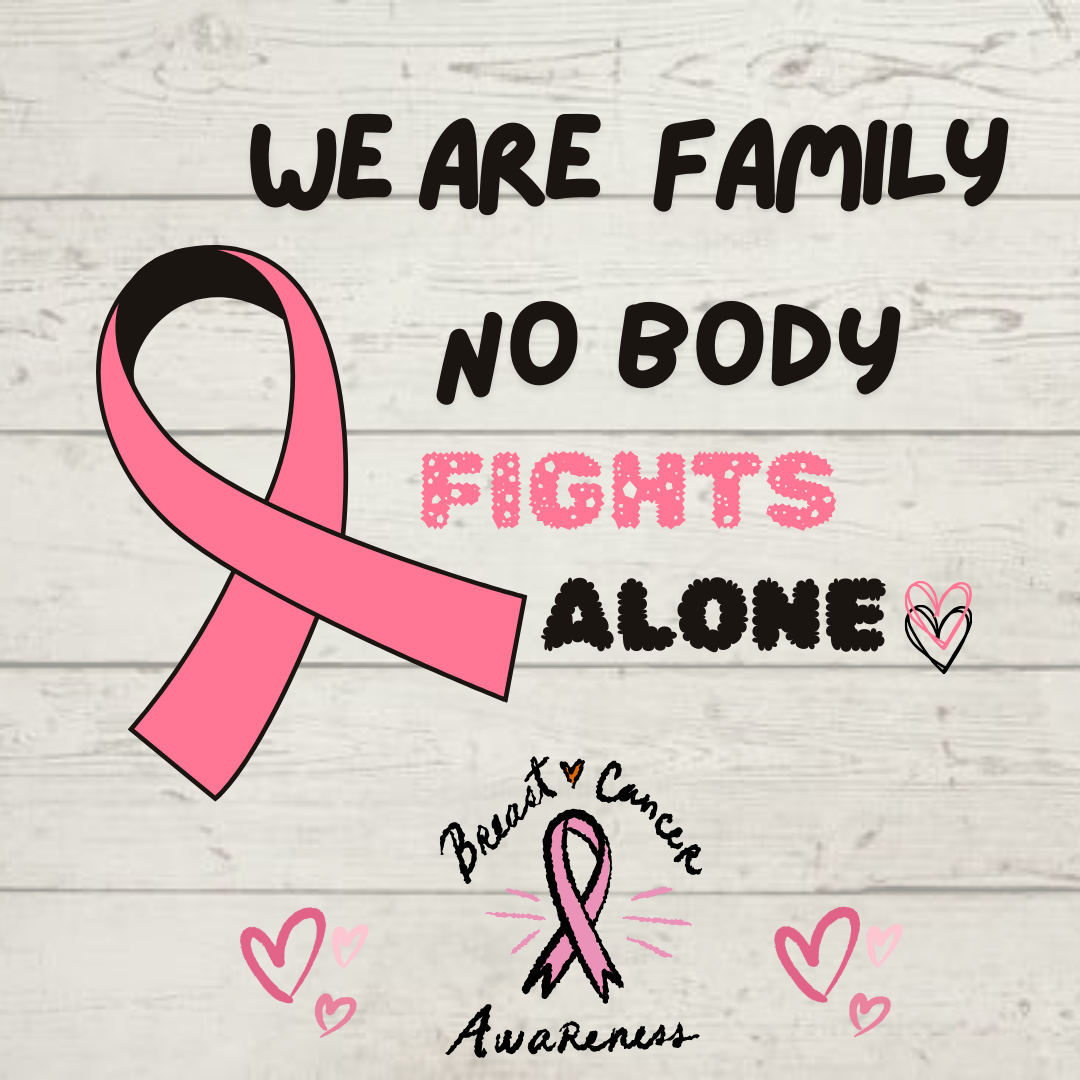 25 Oct
25 Oct
CANCER IS ONLY GOING TO BE A CHAPTER IN YOUR LIFE, NOT THE WHOLE STORY
CANCER IS ONLY GOING TO BE A CHAPTER IN YOUR LIFE, NOT THE WHOLE STORY.” Everybody has that one friend. You know the one. The one who’s always happy and upbeat. You complain about how your kids are stressing you out, and she says, “You’re a great mom!” You lose your job, and she says, “You’ll get a new one in no time!” And then you tell her, “I have cancer.” Her reply? “Just be positive!” You know she means well, but it’s not that simple—especially when it comes to a serious diagnosis like cancer. Still, many people claim positivity has great power. Is there something to it? “This is a somewhat controversial area,” says Tenbroeck Smith, the strategic director of patient-reported outcomes for the American Cancer Society. “The literature shows mixed results. Some studies show having a positive attitude is better for you. Then there are results that say positivity doesn’t really affect disease outcomes. Optimism, however, has more to do with the belief that things are going to work out well in the long run.” And optimism can affect your health. In one study, optimistic women were nearly a third less likely to die from cancer, heart disease, stroke, respiratory disease or infection compared with less optimistic women. Specifically, optimists had a 16 percent lower chance of dying from cancer than those without an optimistic outlook on life. When someone you love shares troubling news of any kind, your natural inclination is likely to help them solve the problem or offer advice on how to deal with the situation. When someone you love tells you they have cancer, you can’t offer an easy fix, and you may not know what to say. Still, your support is crucial. Research has shown that for people with cancer, support can help their outlook and improve their quality of life. The first step to being a source of support is understanding what kind of resources your loved one with cancer needs. Emotional Cancer Support People with cancer are struggling to process difficult news. When they share it with you, you can: Be mindful of your initial reactions - A cancer diagnosis can make people feel powerless. The patient may feel powerless against the disease, and we feel powerless to help them. “While your initial response may be to offer a solution or advice, the best way to respond is to listen,” says Kianna Brown, licensed oncology social worker who facilitates two cancer support groups at Beaufort Memorial Keyserling Cancer Center. “Show compassion, so they know you’re there for them.” Be encouraging - It’s natural for cancer patients to worry about the future and what might happen if treatments are ineffective. Offer encouragement that helps them focus on the present moment, for example, “You were diagnosed and now you can get treatment,” or, “I’m here to help you get through this.” Accept the reality of their diagnosis - While you want to be encouraging, be aware that the situation is very difficult for the patient. Hearing “Everything will be OK,” or, “You’re strong enough to beat this,” may not be helpful if they don’t think everything will be OK or aren’t feeling very strong. Listen without judgment - Not all patients need encouragement. Some just want to express how they feel. Allow your loved one to vent or share their worries without judging how they feel. Often, you don’t even need to respond. Simply allowing them to talk it out can be a big help for them. It’s also important to understand that every cancer patient’s journey is unique. Avoid talking to your loved one about the experience of other cancer patients. “Just because someone familiar to the loved one had certain symptoms, experiences, or a specific treatment plan, that doesn't mean that the patient they are speaking with is going to have that same journey,” Brown says. “It actually can induce anxiety and, in sharing the story of another patient, one can actually take away from the journey of the cancer patient they are speaking with, even though this is likely unintentional.” Respect their wishes and opinions - “People with cancer and their caregivers must make hard decisions about treatment,” Brown says. “Recognize that they did not make these decisions lightly and they had the input of oncologists and other health care providers. If they ask for your advice or opinion, feel free to offer it, but unsolicited advice may come across as judgmental.” Talk about what they want to talk about : As patients and their caregivers progress through appointments and treatments, they learn how to live with cancer every day. They may not want to talk about cancer when they’re with you. Let them lead the conversation. Finally, don’t let a cancer diagnosis affect your relationship. The person with cancer is still the person you knew before the diagnosis. Continue seeing them as often as you did before the diagnosis and talking about the same things you both care about. They will likely appreciate feeling normal in the middle of a very stressful time. . . @President Cr. Risha Gadia(2024-2025)
